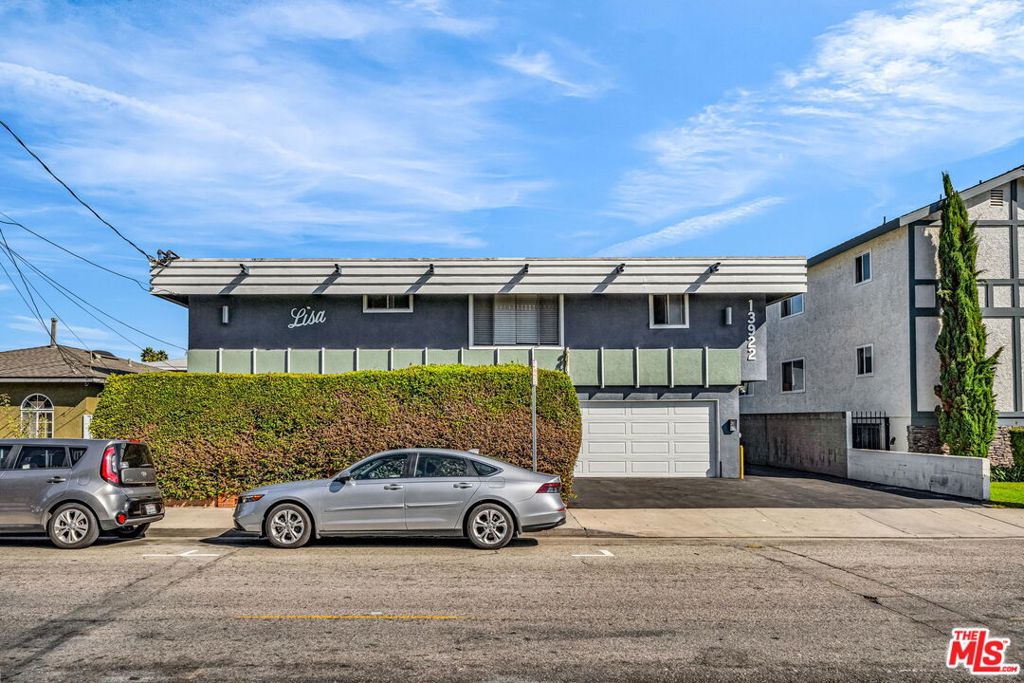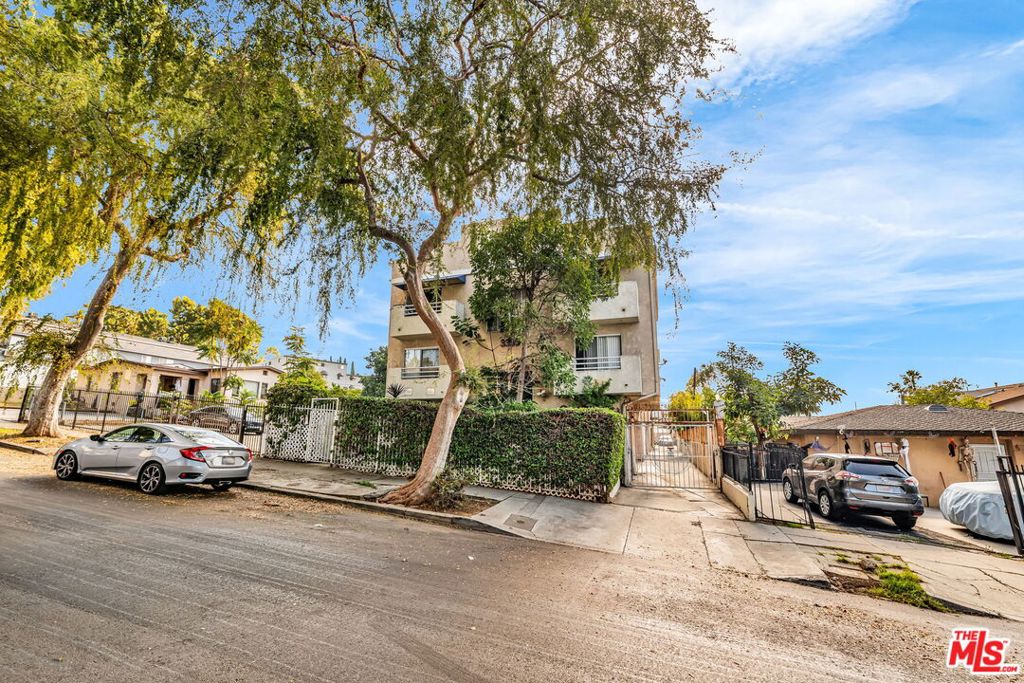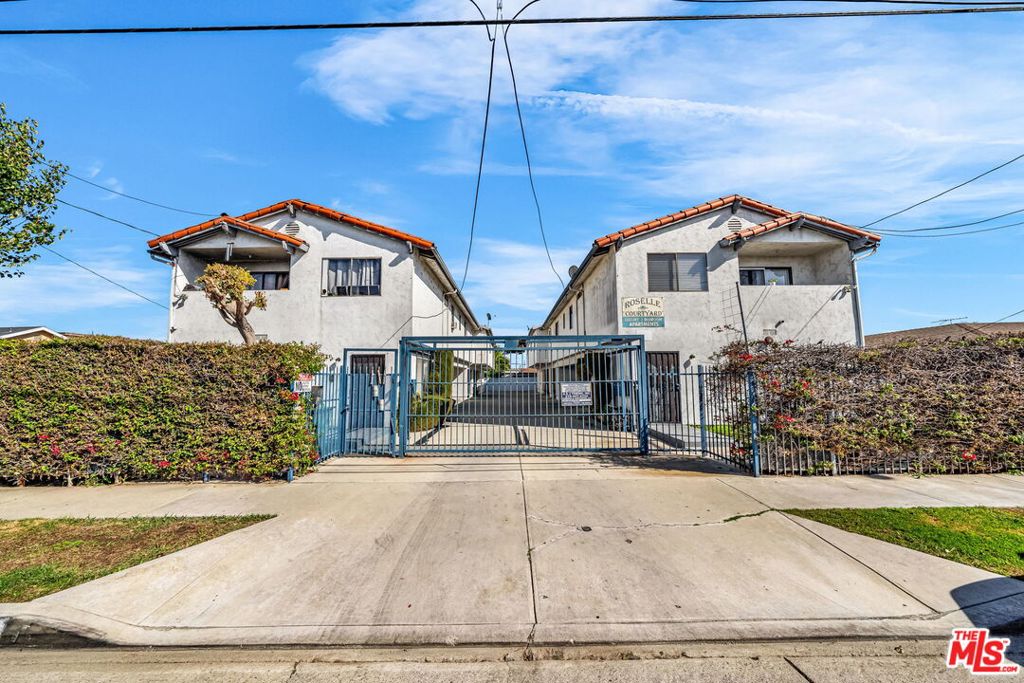At The CREM Group, we understand how complicated and cumbersome the whole process of probate real estate can be. Our goal has been, and continues to be, to make this process as smooth as possible. We aim to facilitate the sale of probate and trust properties so you can be left to deal with the more pressing personal situation.
Selling probate real estate is not a simple process since it requires more steps than a “regular” real property transaction and takes longer than a traditional sale—sometimes up to a year or more. This article will give you some basic information about what probate real estate sales looks like in California and explain why partnering with a company that has extensive experience dealing with these types of sales is essential.
What Is the Probate Process?
Probate is the legal process of administering the estate of a deceased person. The primary purpose of probate is to determine the validity of a deceased person’s will and to distribute their assets in accordance with their wishes. In most cases, probate is handled by the executor or administrator of the estate. The probate process is complex and can be time-consuming. Please see our probate process webpage for a flavor of executor and administrator responsibilities. You need to seek and surround yourself with qualified teams if you are the one named the executor or administrator of the estate. And real estate is usually the most valuable asset in people’s estates.
Liquidating the Real Estate
If there is probate real estate to deal with, the administrator must decide on one of five methods to liquidate the probate real estate. In general, in California, there are strict laws that regulate all things probate. Although it can be intimidating to the person dealing with this scenario for the first time, a professional and knowledgeable partner lends clarity and confidence.
The Five Methods of Selling Probate Real Estate
Without going into too much depth but enough for a good overview, the methods to sell probate real estate are:
- REAL ESTATE BROKERAGE FIRM SALE
By far, this is the most common way probate real estate sales are handled. Again, due to the intricacies, process-exclusive documentation, timelines, and number of players involved, most executors or administrators choose this path to alleviate some of the responsibilities they face with losing a loved one.
- PRIVATE SALE
This method is done through the attorney who is most likely handling the probate case.
- PUBLIC AUCTION SALE
The sale here takes place through the courthouse.
- PRIVATE AUCTION SALE
In this scenario, the sale is much the same as the public auction, with the big difference being a private auction house does it. These tend to be much more expensive, and only top-tier probate real estate usually applies.
- TRUST SALE
A sale occurs within the constructs of a trust, which may or may not be part of a probate sale.
Who Makes the Decisions on the Sale?
In California, the courts can impose various regulations for probate real estate transactions. The court can determine sales prices, the speed at which probate real estate is sold, and by which method. Some sales may require court confirmation, while others can proceed with minimal court supervision and intervention.
The estate’s executor or administrator could be given partial or full responsibilities, dictating their decision-making ability. In any case, California strictly regulates probate and trust real estate transactions, and they will always require court approval.
Important Technicalities
California doesn’t make these sales easy, but the courts and the laws are in place to protect buyers and sellers. Below are a few terms and parameters that explain how the process gets elongated. Any words you don’t understand can be found in The CREM Group’s handy glossary.
Sales Price
California counties may differ slightly, but generally, the probate real estate sales price should be at least 90% of the appraised market value based on an appraisal report done within the last year prior to the property sale. If an appraisal still needs to be done, it must be ordered, further delaying the proceedings.
Timeframe
In the event of a limited authority sale especially, probate real estate sales can take months longer than regular market sales and typically operate within a “90-day rule.” If more time is needed, extensions can be provided with an additional two “90-day” periods for probate dealings to conclude.
Deposits
In the limited authority sale, the buyer’s side must bring a cashier’s check for 10% of the minimum bid amount, which the probate court keeps as part of the process during a competition among overbidders seeking to buy the property.
Choosing the Right Real Estate Brokerage Firm
When the court-appointed executor or administrator chooses a real estate firm to work with, it is in their best interest to select a firm with experience in dealing with these types of real estate transactions. Probate real estate sales involve specific disclosures, documentation, and timeframes that don’t usually apply in regular real estate transactions, as you’ve seen above.
As a real estate brokerage firm specializing in both residential and commercial probate and trust properties, The CREM Group prides itself on helping families during difficult times across complex transactions. It’s what they do.
Contact us today for a free consultation.



